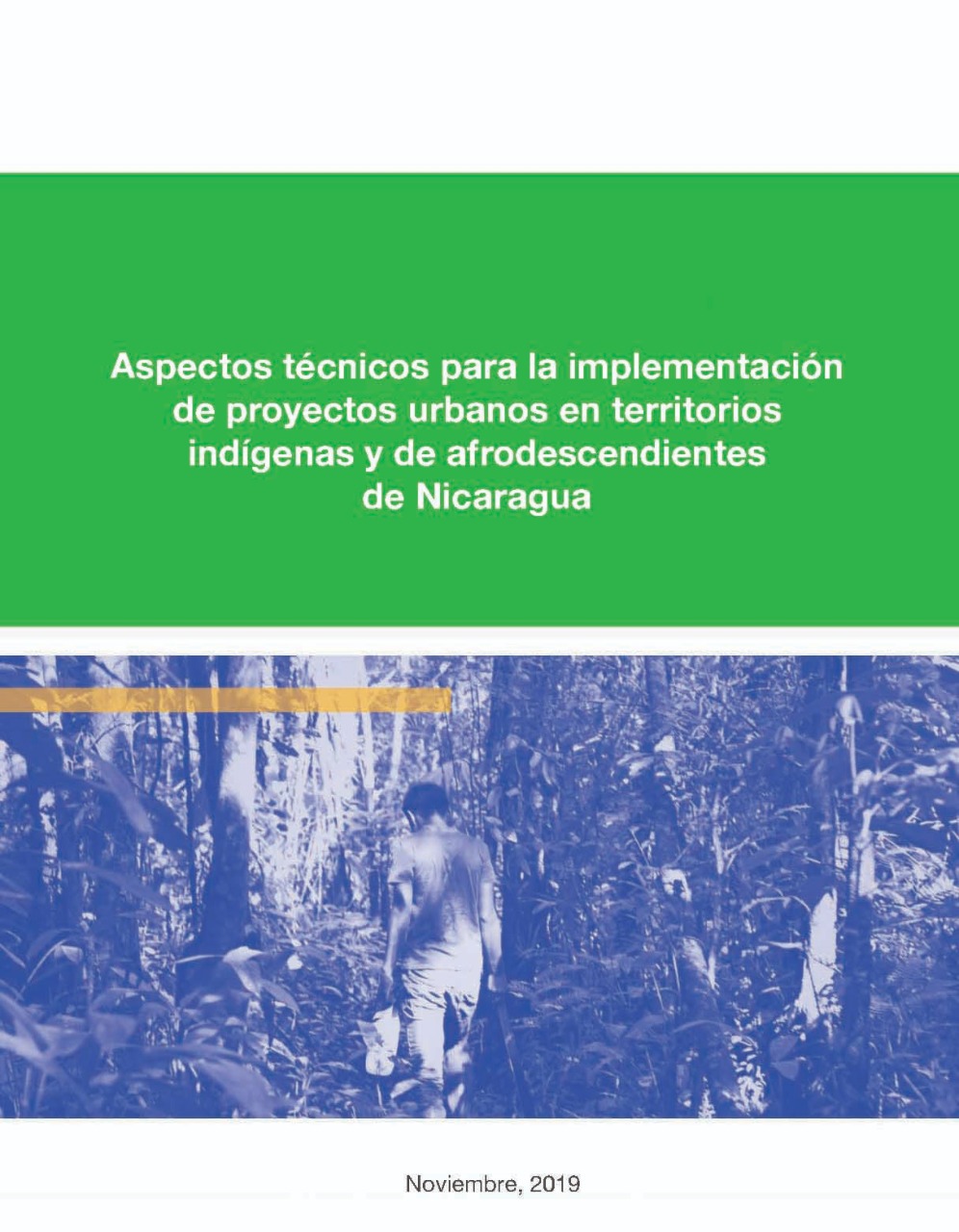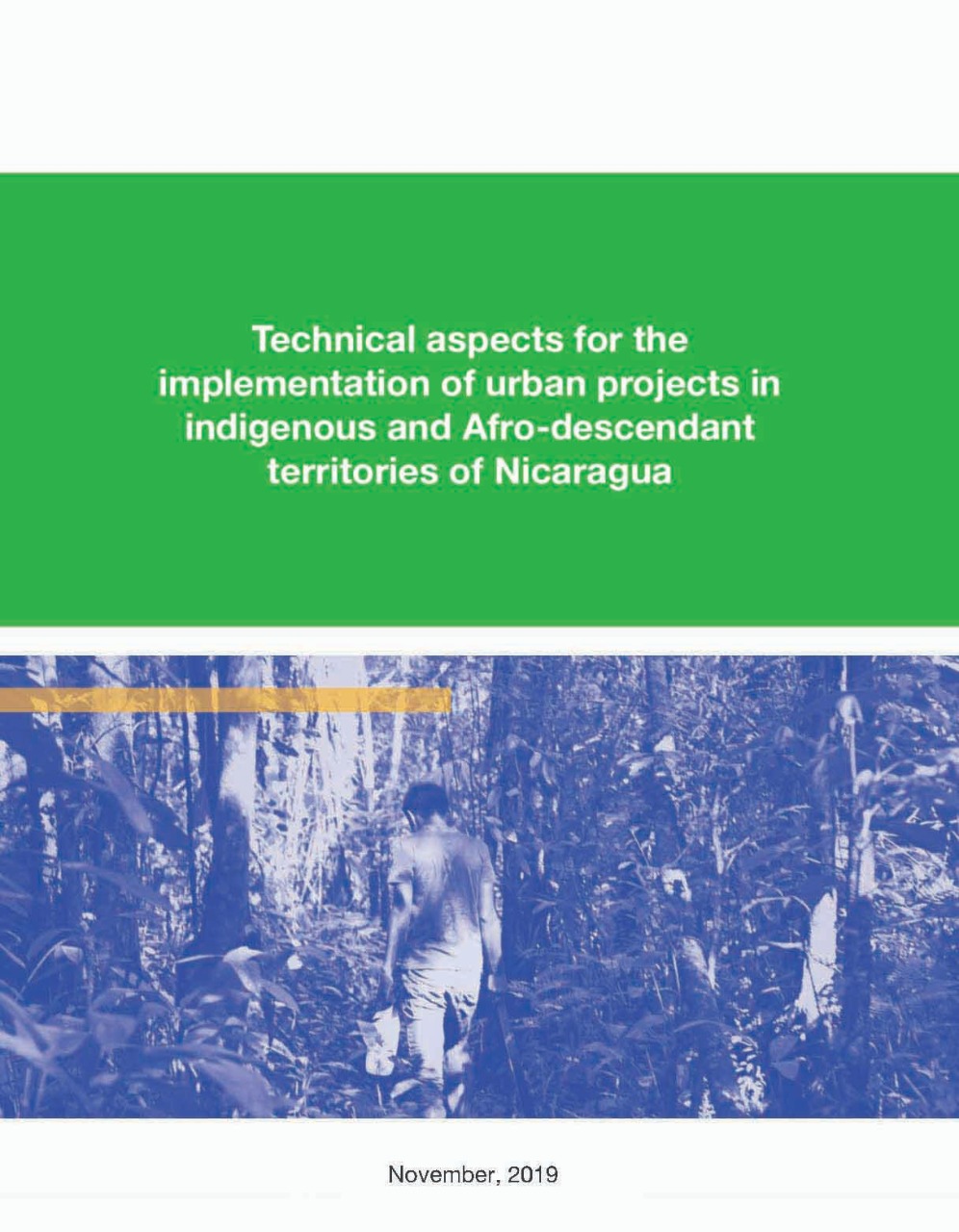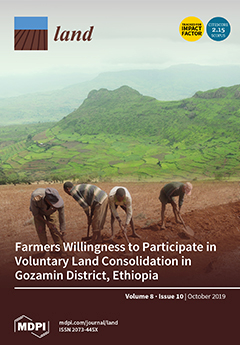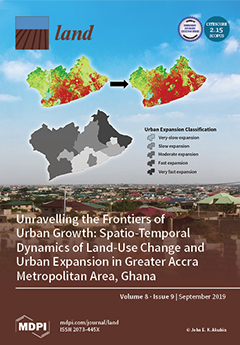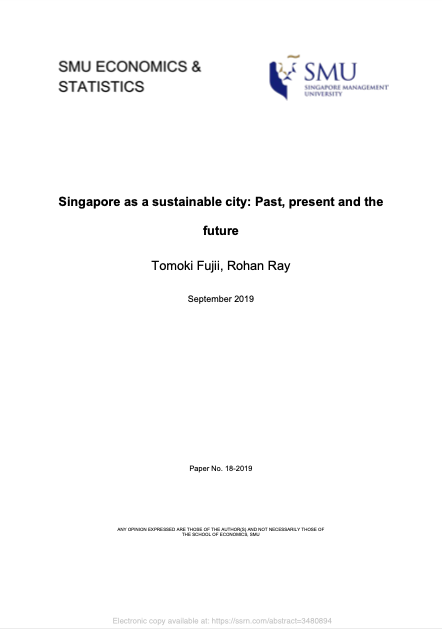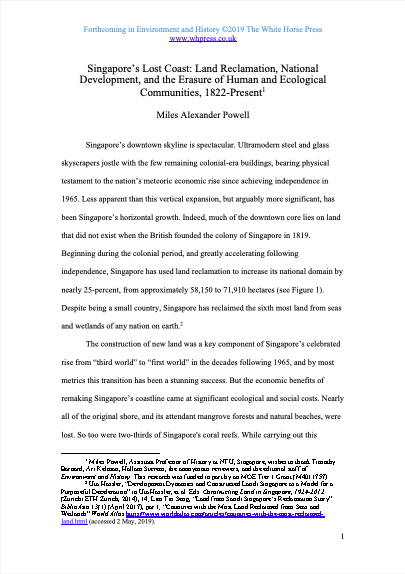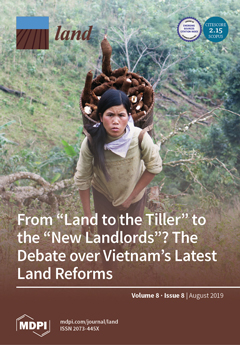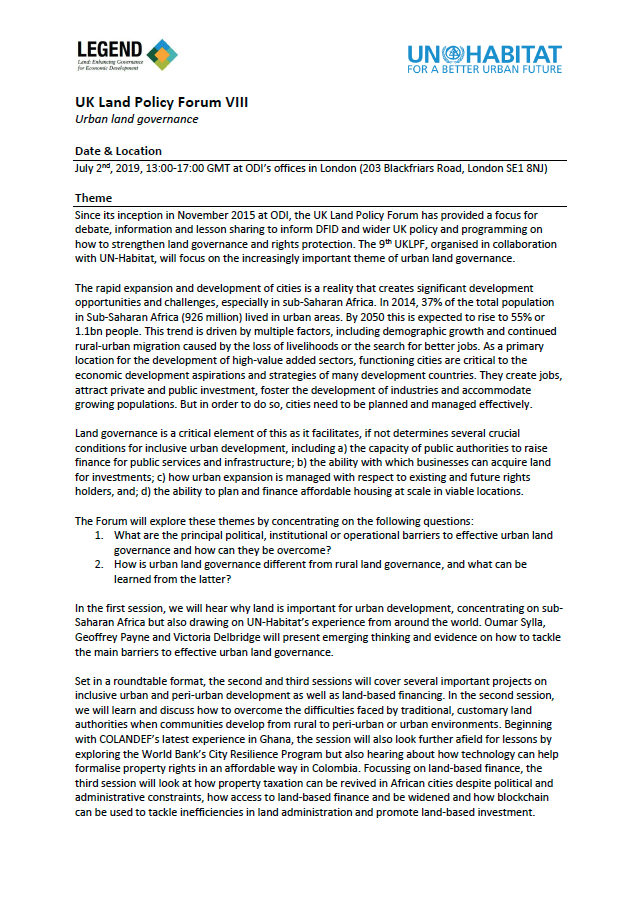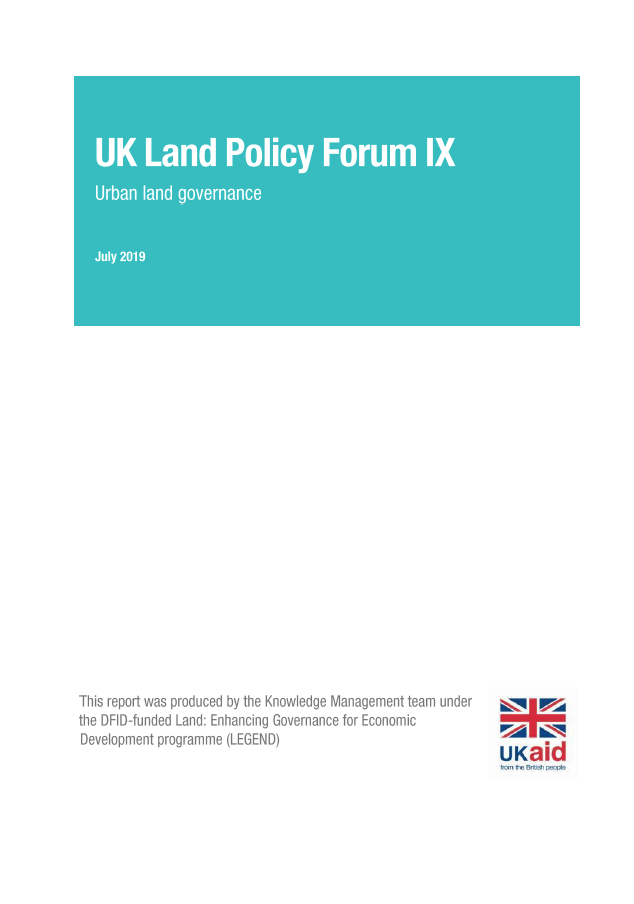Aspectos Técnicos para la implementación de proyectos urbanos en territorios indígenas y de afrodescendientes de Nicaragua
Los aspesctos técnicos mencionados en este documento tienen como objetivo socializar una seria de normativas y procedimientos que tendrian que ser establecidos en territorios de poblaciones indígenas y de afrodescendientes, para discutir sobre la realización de proyectos urbanos en estas áreas de Nicaragua. El documento esta dividido en dos partes importantes:

